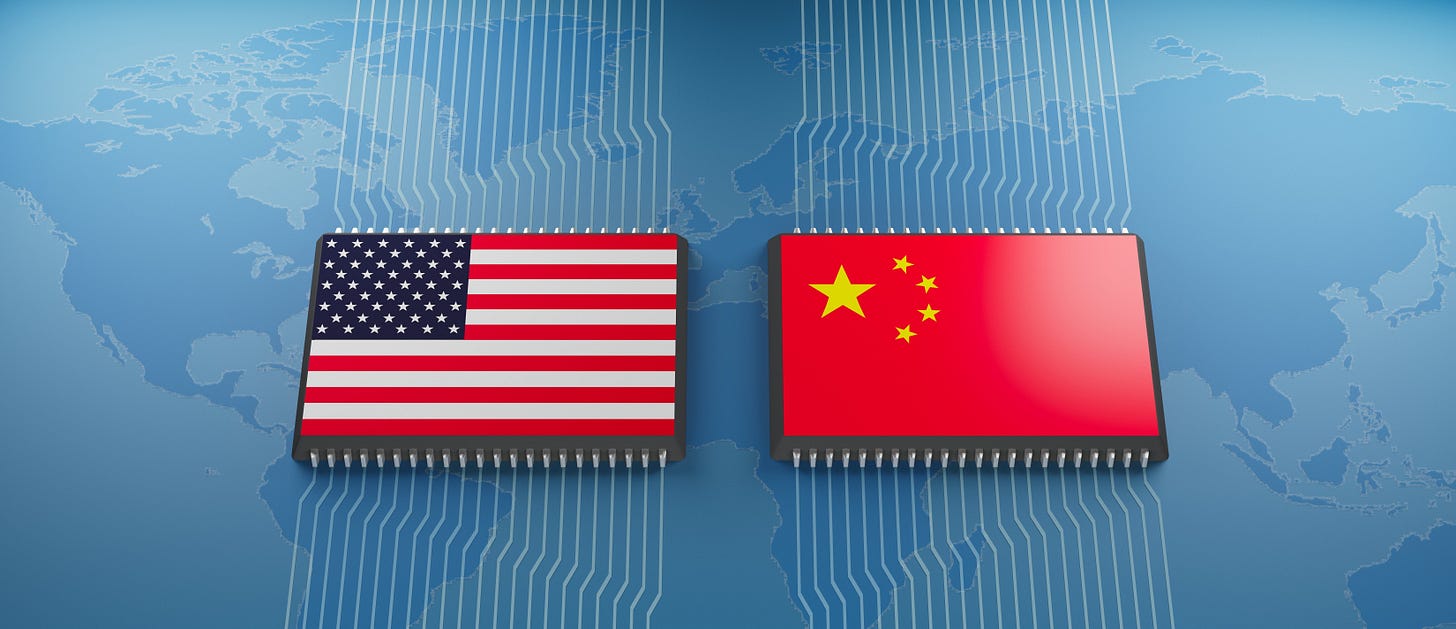Pot-Pourri: Article Roundup (July 2023)
Tech Decoupling | De-Risking | Foreign Relations Law | Russian Soft Power | Local Government Debt
Today's edition is a pot-pourri of articles that I found interesting
TECH AND NATIONAL SECURITY
1. Title: “Constructing a New Equilibrium: Overcoming the ‘Fallacy of Composition’ when Coordinating the Development and Security of [China’s] Strategic Industries”
Author: Qu Yongyi (曲永义) – Deputy director and party committee secretary at the Institute of Industrial Economics, Chinese Academy of Social Sciences (CASS); Professor, University of Chinese Academy of Social Sciences (UCASS).
Quote: “Self-sufficiency' [自给自足] has naturally become the guiding principle for the development of [China's] strategic industries … However, once China's IC industry [starts] moving towards frontier technologies such as 5nm and 3nm [chips], and its products approach high-end usage, import substitution across the whole of the industrial chain may result in the ‘fallacy of composition’ – i.e. import substitution is reasonable for each [individual] segment of the industrial [chain]. But if it is pursued in all par…



